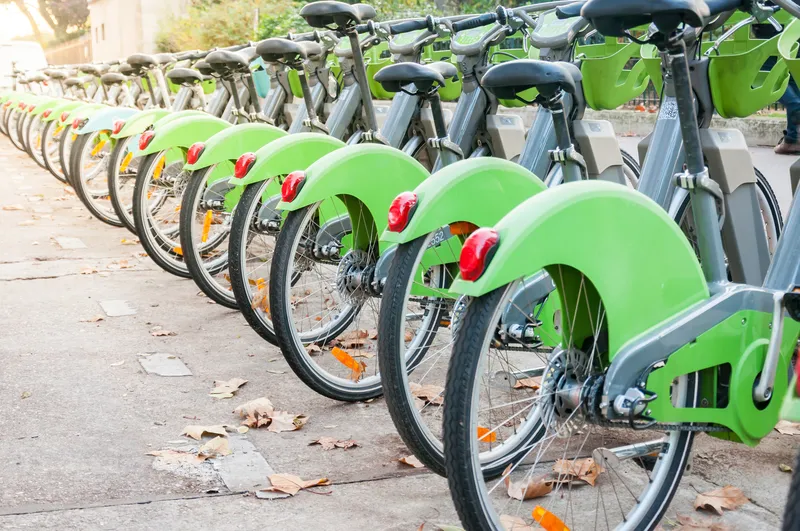
This is a huge rise from the $405 million projected for this year – a figure which is stunted by disruption arising from the coronavirus pandemic.
However, success will depend on MaaS vendors licensing platforms “as neutral players”: simply adding transit information to apps, as ride-share firms Uber and Lyft do, for example, “will fail to engage the necessary transit partners for an effective solution”.
“MaaS will require wholesale shifts to public transit in order to realise its full benefits, so it must involve public transit operators at every stage,” said research author Nick Maynard.
“The platform licensing model is essential to building the required public/private partnerships to achieve success.”
The report, Mobility as a Service: Business Models, Vendor Strategies & Market Forecasts 2020-27, found that growth will happen from 2021 “as there will be significant reductions in transport usage in 2020”.
While widespread urban lockdowns and the dramatic fall-off in public transit ridership will restrict the growth of MaaS platforms, “MaaS initiatives will rebound quickly in 2021 as cities re-evaluate their transport strategies”.
Juniper suggests that MaaS operators “engage with transit authorities now to design pilots for 2021, in order to ensure future growth”.
Juniper says MaaS will “save significant time for citizens from 2021, as it will provide much-improved ways to travel in the urban environment, as well as reducing road congestion”.
By 2027, it suggests there will be travel time savings equivalent to 2.7 days per MaaS user per year.
A free white paper, MaaS: The Future of City Transport 2027, can be downloaded here.










